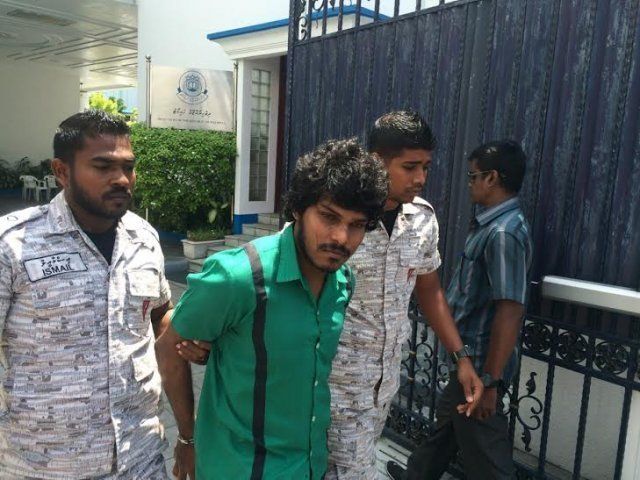Maldives forges ahead with preparations for death penalty despite criticism
The government is forging ahead with plans to execute the 22-year-old man convicted of killing MP Afrasheem Ali. The MP’s family, who asked courts to delay the death sentence last week, said they are yet to hear back

29 Jun 2016, 09:00
The government is forging ahead with plans to execute the Maldives’ first death row prisoner in more than half a century, amending Thursday regulations to enforce the death sentence by lethal injection and hanging despite fierce criticism.
The European Union said the supreme court’s sentencing of Hussain Humam Ahmed to death over the murder of an MP on Friday, is “of great concern,” while the UN’s representative in the Maldives said she hoped the government would respect the wishes of the MP’s family to delay the death penalty.
MP Afrasheem Ali’s family said they do not want to enforce the death sentence until the high-profile murder is solved. The 22-year-old may prove to be key in identifying the financiers of the brutal killing, they said.
Officials, however, suggested the letter does not amount to a retraction.
Become a member
Get full access to our archive and personalise your experience.
Already a member?
Discussion
No comments yet. Be the first to share your thoughts!
No comments yet. Be the first to join the conversation!
Join the Conversation
Sign in to share your thoughts under an alias and take part in the discussion. Independent journalism thrives on open, respectful debate — your voice matters.




